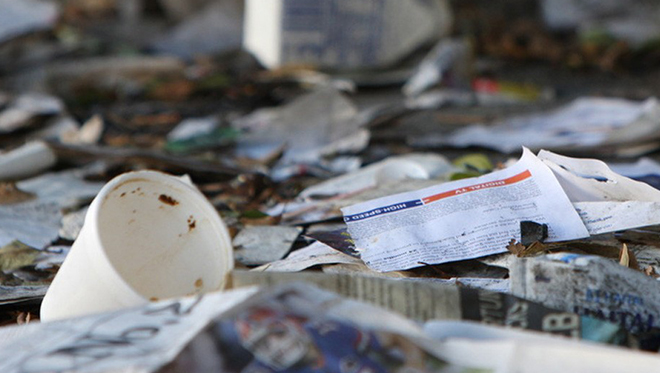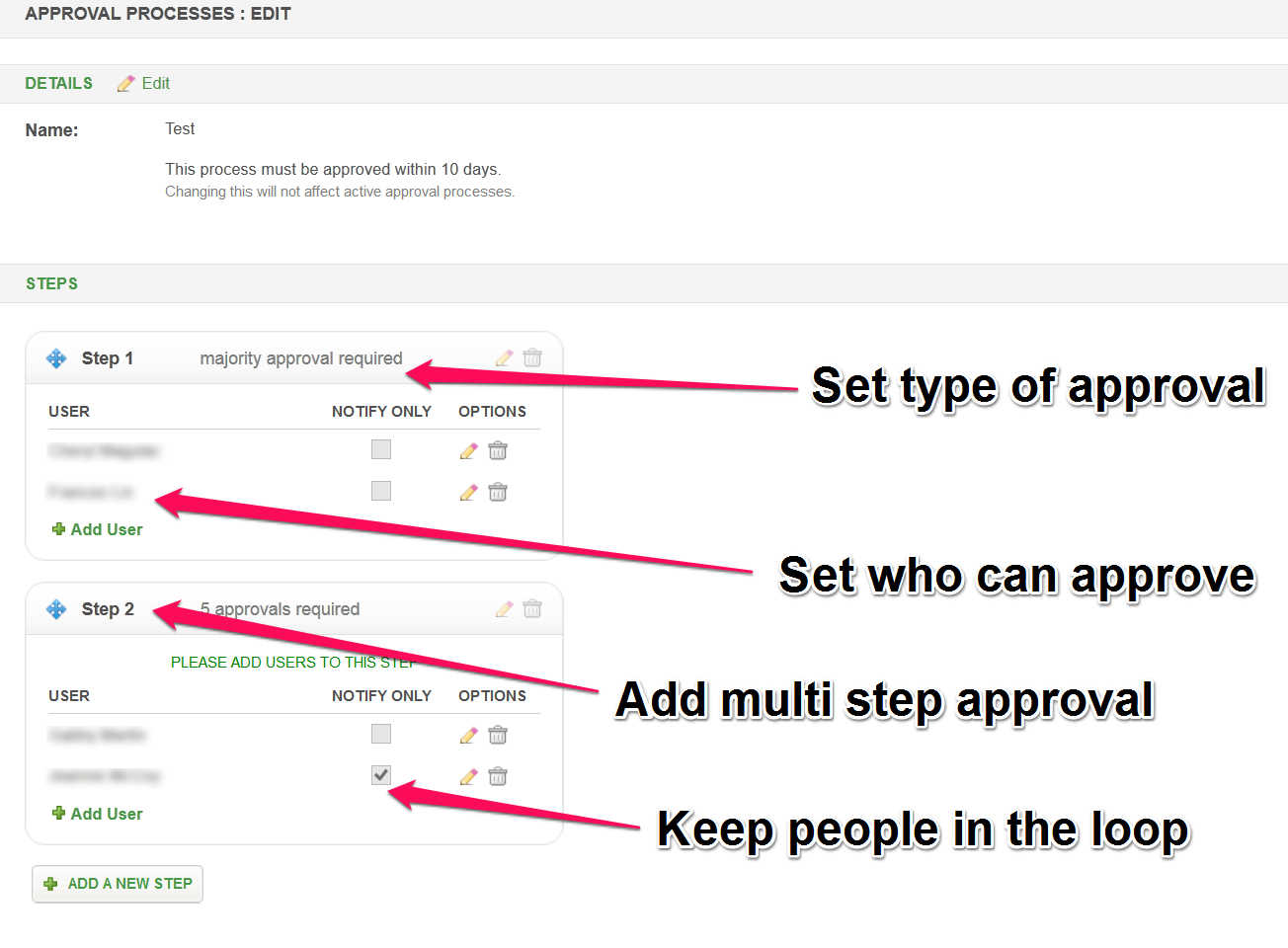
We help churches think about their content strategy. We’re helping churches with big picture issues all the way down to common complaints visitors have with church websites. Some of the common complaints we hear about are:
- I have found that many things (activity schedules, mostly) are often not up-to-date or have wrong information.
- Information needs to be updated more often.
- I want everything on the website to be current and correct. Is that too much to ask?
Up-to-date information on a website is a must. It’s something you can’t ignore, but it can also be a sign of another underlying problem. That problem is a dirty little secret people adding content to church websites don’t want to admit.
Dirty Little Secret Revealed
Churches are posting inaccurate information from the start and visitors are finding it. It’s GIGO or Garbage in, garbage out. Churches aren’t intentionally posting garbage, but they are neglecting to do a critical step with their content. As a result, garbage ends up all over their website.
How Does This Happen?
As a church communicator who was in charge of my church’s website, I’m going to pull back the curtains and share how this happens.
There is a big event coming up, the information has to be on the website, the content just came in, it’s Friday at 4:45 p.m., and it will be announced on Sunday. Publish, publish publish!
You're working on a big project and someone wants to add content to their webpage. You’re really busy, so you just add the content and say, “I will review that later.” (I’ve been there, you have so many responsibilities, and reviewing content isn’t a top priority. There were times when it was months before I had free time to go back and look at content on my church website. By then who knows how many people had seen it).
You get an email from a volunteer or someone on staff and just copy, paste and hit publish. (I am ashamed to admit it, but I did this frequently when I was starting out).
Nothing good comes from these decision. Often times you’ll end up with:
- typos
- incorrect and inconsistent information
- pages with language and words that aren’t in-line with your values
- having to edit pages multiple times
- people showing up to classes at the wrong time
- pastors missing classes (ps. you might lose your job over this)
Most of these mistakes are entirely preventable, but it requires action on your part.
The Solution, Edit Content Before Posting
You don’t want to put garbage on your site, right? I didn’t want to either, it just happened. Why? Because we did not do the critical step of editing.
If you’re not editing the content you add to your church website it’s not going to transform itself into useful information. Your website will end up with inaccurate and outdated information. It will send the wrong message about your church.
So how do you fix this issue?
Even if you only have five minutes, read over the content and make edits. If you need more time, take it. Get another set of eyes on the content. Don’t post anything the same day you receive it. Sit on the content for a few days and review it a few times. Basically, do whatever you have to do to make sure garbage doesn’t get on your site in the first place.
If you do this, you’ll have less incomplete, inaccurate, and poorly written content on your church website. There will also be less content to manage and you can focus on keeping the content you do have on your website up-to-date.
Tip For Ekklesia 360 Users
If you use Ekklesia 360 content management system, we have a feature that can help. It’s our content approval process. It allows admins to set-up up rules to ensure only quality content is posted on your website.









